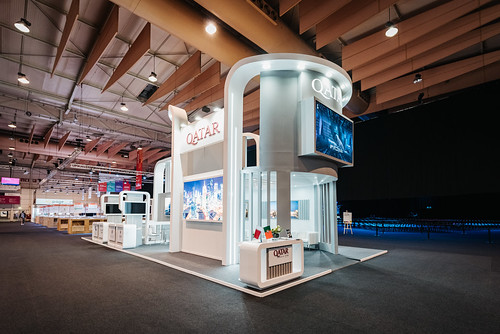Britz and Maui campervan rentals boss backs more Qatar flights
Qatar #Qatar

Mr Webster said while demand and the length of rentals is rising, the group’s vehicle fleet is still only at 60 per cent of the capacity it had in Australia before the COVID-19 pandemic. Two core customer segments of Grey Nomads and backpackers are spending up, in contrast with many households cutting back discretionary spending amid cost-of-living pressures.
Mr Webster said commercial trials of an electric campervan will begin in December but a transition to electrified vehicles for the industry is years away.
The group is benefiting from higher interest rates, partly because many retirees now have improved cash flow from the increase in income on deposits and retirement investments. Backpackers, families and the Grey Nomads are still motivated by a sense of “revenge spending” after missing out during COVID-19.
“We’re bucking the cost of living trend,” Mr Webster said.
“They’re saying, ‘let’s get out there’,” he said.
THL was formed when NZ-listed Tourism Holdings merged with ASX-listed Apollo Tourism & Leisure in November after the pandemic caused major headaches for both businesses. THL is listed on both the NZ and Australian stock exchanges. The Australian Competition and Consumer Commission closely scrutinised the merger and forced the divestment of 200 motorhomes owned by Apollo to rival Jucy, owned by private equity group Next Capital.
Mr Webster said the electric campervan prototypes were being built by a THL subsidiary on a Ford chassis and had a range of about 250km before needing a charge. The first trials will be in NZ. “We will ask certain customers if they want to try them,” he said.
The aim is to have some EV campervans available in Australia in 2024. The motorhome rental industry would take years to mirror the shift to EV take-up among general motorists where the technology and economics are further advanced than in light commercial vehicles.
He acknowledged that campervan renters were likely to be “greener” in their environmental beliefs, but recognised the practicalities involved and that the industry would eventually electrified.
“People do suspend their beliefs when they are on holidays,” he said. “I think the timing is just later. We’re a few years away from really seeing a transition in this industry.”
He said it was difficult to predict how long the trends for “catch-up” travel would continue, but there was a clear shift in peoples’ psyche stemming from the pandemic. “We think there is a real shift to experience seeking.”